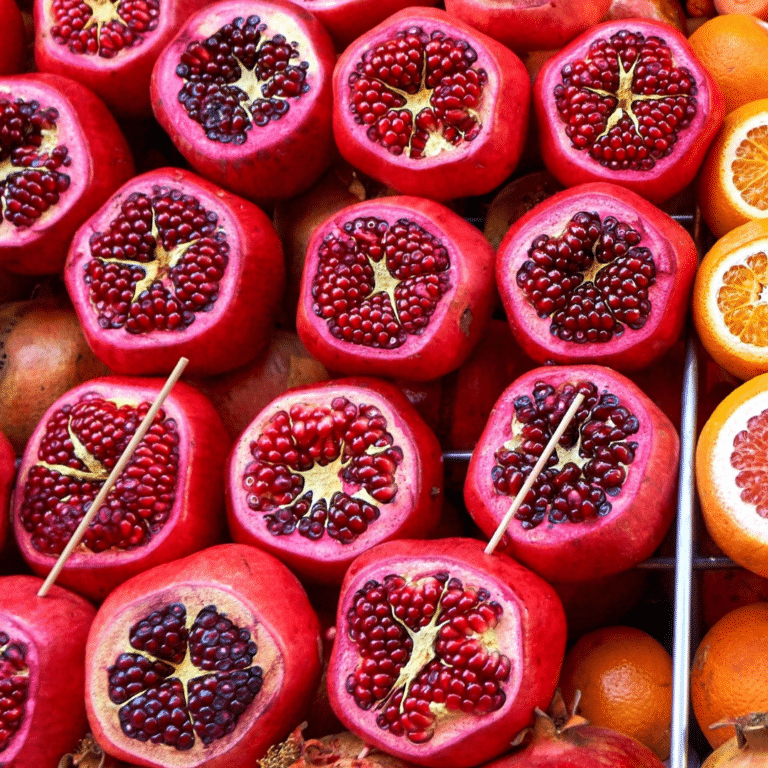
Yom Kippur is upon us, and unlike most Jewish holidays that are centered around abundant eating and drinking, this one is a fast day.
25 hours without food and water can be tricky, so Unpacked spoke with Registered Dietitian Nutritionist Chelsea Golub to get the low-down on all things fasting.
Here are her best health and wellness tips for before, during and after the fast:
Do…
- Drink up!
“Be sure to drink enough water (not soda, juice, or coffee… water!) on the days leading up to the fast to decrease chances of dehydration,” Golub explains.
- Eat proper meals
No, this doesn’t mean overeating, Chelsea clarifies, but make sure you’re getting enough high quality protein (like chicken breast, fish, eggs) complex carbohydrates (beans, potatoes, quinoa), veggies and healthy fats (avocado, olive oil, nuts/seeds) at your meals and snacks.
“Although this is generally the advice I give to my clients on a day to day basis, it is very important leading up that fast so that your body is prepared, especially having those complex carbs for stored energy,” she says.
“Fruit is another great option as it provides our bodies with lots of important vitamins and minerals,” Golub notes. Plus, fruit has high water content which is another great way to stay hydrated.
- Decrease caffeine consumption leading up to the fast
If you rely heavily on caffeine and find yourself getting headaches on days you don’t have it, you’ll probably be in for a rude awakening on Yom Kippur.
That’s why Golub recommends weaning yourself off the daily caffeine kick in advance of Yom Kippur.
“You can try to train your body to rely less on it as Yom Kippur gets closer. Going from 2 cups, for example, to 1.5 cups, 1 cup, etc” she explains.
Don’t…
- Eat very salty or spicy foods
“Processed foods and food from restaurants tend to be higher in salt content, which can lead to feeling extra thirsty,” Golub explains.
Crackers, chips, pretzels and canned foods, we’re looking at you.
Be more aware of these foods on the days leading up to the fast to avoid that feeling of unquenchable thirst.
- Eat foods you know you’ll have a negative reaction to.
For example, if you’re lactose intolerant, be extra cautious to avoid dairy products.
- Fear carbohydrates
Carbs are our friends, especially on Yom Kippur.
“Our bodies store carbs as glycogen, which we then break down later on to use as energy. We need this form of energy on Yom Kippur!” explains Golub.
- Hit the gym
If you can, avoid doing strenuous physical activity on the days leading up to the fast, Golub recommends.
Exercise uses up lots of energy which your body needs during the fast, plus it can make you extra thirsty.
During the fast you’ll want to avoid physically demanding tasks as well.
“Take it easy and conserve energy,” says Golub.
During the fast…
- Stop kvetching
Seriously, complaining about the fast only makes it harder, says Golub. Try focusing on anything else.
“Take a light stroll and get some fresh air if you can,” she recommends. “Bring layers with you to feel warm, since you’re not eating, your body isn’t working to create heat.”
After the fast…
- Ease back into eating
The first thing you should do once the fast is over: drink water.
“Start with sipping water to rehydrate your body quickly,” she says, but don’t gulp it down to avoid bloating. “Having some soup is another good option to ease back into eating. Then move on to whatever the meal is, but don’t overload your plate.”
It’s tempting to eat everything in sight, like the saying goes, your eyes will almost certainly be bigger than your stomach. Try to avoid that, recommends Golub.
“When we go too long without eating on a normal day, what happens? We arrive at the next meal or snack feeling very hungry or even starving,” she explains. “This is exactly what happens when we fast. We feel starving by the time we’re allowed to eat and your brain tells you to eat as fast as possible.”
Going for carbohydrates immediately will be helpful, but make sure to chew slowly, pause between bites and take small bites as to not feel bloated and overfull.
“It takes time for your brain to recognize that you’re full, so you’ll be thankful later on if you practice these methods!” says Golub.
One important reminder from Golub: The food will still be there tomorrow or when you feel hungry again, so there’s no need to shovel it down or overindulge.
“Take a step back and remember that it’s not a race. Eating slowly will help you to feel better the rest of the evening,” she says.
- Listen to your body
In the hours and days after your break fast meal, it’s essential to continue listening to your body’s hunger and fullness cues.
“You might find that you require a bit more at the following meals, but everyone is different. This is where listening to your body is key and doing what is best for you,” says Golub.
“Focus on having those balanced meals that I mentioned before and eating consistently throughout the day to keep your metabolism going and your blood sugar stable.”
For more tips from Chelsea Golub you can visit her Instagram, website, and check out her virtual private practice!
Originally Published Sep 13, 2021 02:11PM EDT


